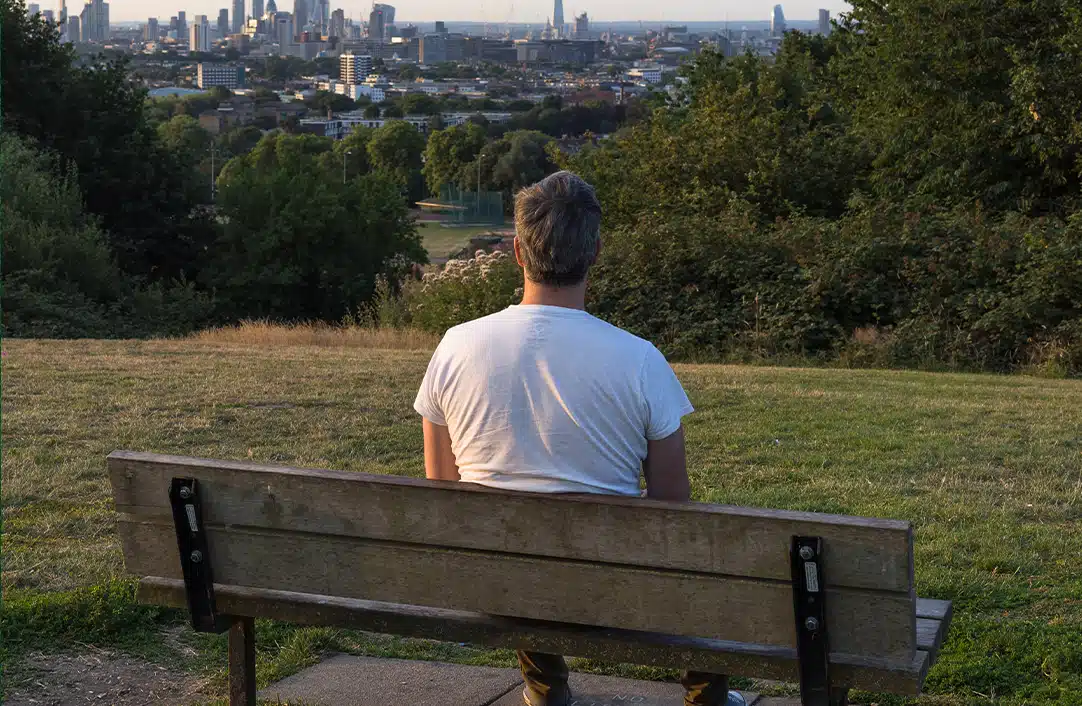
Supporting Survivors on Their Healing Journey
If someone close to you is a survivor of sexual abuse, it can be hard to know exactly how to lend your support. While it’s true that survivors have to take ownership of their recovery, you can do a lot to help. You can’t do the healing for them, but there are things you can do to make it easier for them to heal themselves.
In addition to the trauma that survivors can suffer when abuse initially happens, survivors also risk suffering new trauma when they disclose their past experiences if loved ones don’t respond in helpful and healthy ways. Gurvinder Kalra and Dinesh Bhugra point out, “Victims of sexual violence face the danger of suffering negative reactions upon disclosing their trauma.”
When a survivor opens up to you about what has happened to them, acknowledge how much courage it takes to talk about past traumatic experiences. Survivors have often kept their abuse to themselves for years. To them, it might seem easier to stay silent. Let the survivor know that you appreciate their bravery in facing memories and issues that might have happened years ago. Here are some specific things you can do to support your loved one.
Do . . .
- Thank them for telling you.
- Reassure them that you are there for them.
- Validate their feelings.
- Ask what you can do to help or support them.
- Let them know that the abuse was not their fault.
Don’t . . .
- Criticize, blame, shame, or judge them.
- Excuse or minimize the abuse.
- Demand to know details of the abuse; they’ll tell you if or when they’re ready.
- Take control and tell them what they needs to do to heal.
- Tell them to forget about it or just get over it.
- Question why they didn’t tell you (or someone else) sooner.
Remember that sexual abuse can create serious problems with trust for survivors because in most situations, perpetrators are people the survivor knew and trusted. The fact that they are willing to open up to you shows that they trusts you. Work to continue to build and maintain that trust.
Your goal is to empower your loved one to make good choices that will lead to healing from past abuse. You can’t heal for them, but you can make the healing process easier.
Recent blogs

Male Sexual Abuse

What to do if a Sex Offender Moves to Your Neighborhood?
